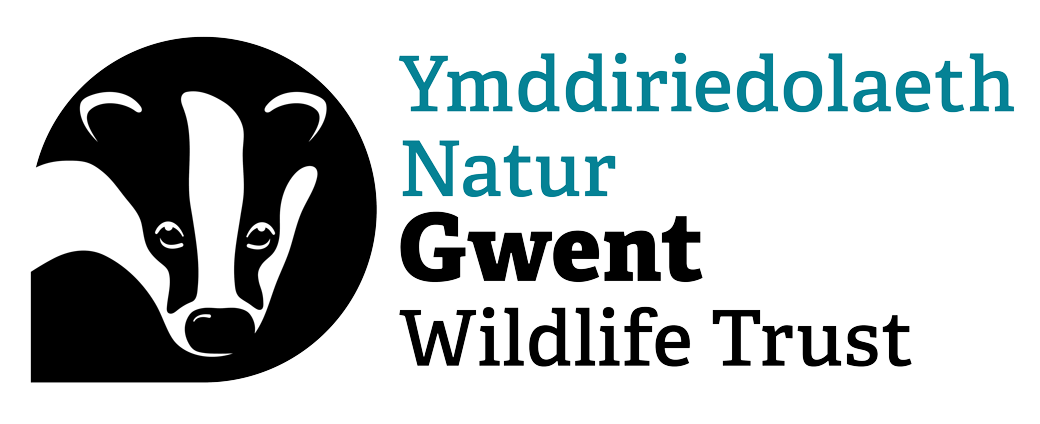Search
Chwilio
Chemical-free organic gardening
Go chemical-free in your garden to help wildlife! Here's how to prevent slugs and insects from eating your plants with wildlife-friendly methods.
Biogenic reefs
Hard structures created by living creatures, biogenic reefs provide a home for a variety of marine life.
My future
Charlotte is spending her placement year from the University of Cardiff with Gloucestershire Wildlife Trust learning valuable surveying and monitoring techniques that she can add to her CV and…
Plenty of Life on Marsh
Gwent Wildlife Trust hosted their first family festival at Magor Marsh Nature Reserve called Life on Marsh, which celebrated the natural heritage of the Gwent Levels.
The event was held as…
What nature reserves do for me
Gwent Wildlife Trust supporter and Reserves Appeal Ambassador, Hugh Gregory explains how his regular visits to our nature reserve at Magor Marsh have helped improve his health and well-being.
Rocky reefs
The nooks and crannies of rocky reefs are swimming with wildlife, from tiny fish to colourful anemones. When shoreline rocks are exposed by the low tide, the rockpools that form are a refuge for…
Kestrel
The kestrel is a familiar sight hovering over the side of the road, looking out for its favourite food: small mammals like field voles. It prefers open habitats like grassland, farmland and…
Bugs Matter survey finds that flying insects in Gwent have declined by 40% in less than 20 years
A citizen-science survey, led by Kent Wildlife Trust and Buglife, has found that the abundance of flying insects in Gwent has plummeted by 40% over the last 17 years; highlighting a worrying trend…
Business Support
Year of the Tiger
It's the Chinese New Year of the Tiger - sadly, few of us will have the opportunity to mark 2022 by seeing a real tiger. But with a bit of creative thinking, there are some “tiger” related…
My jungle
Some meadows and woods are just perfect for Bryn to play hide and seek. We want to help everyone discover nature’s playground.
